Veterinary Epidemiology and Public Health
this course has many of the same optional modules.
Please contact DLP@rvc.ac.uk should you have any queries
Take your career to the next level whilst continuing to work full time
MSc, Postgraduate Diploma, Postgraduate Certificate, Individual degree modules and Non-credit bearing modules
Programme aims
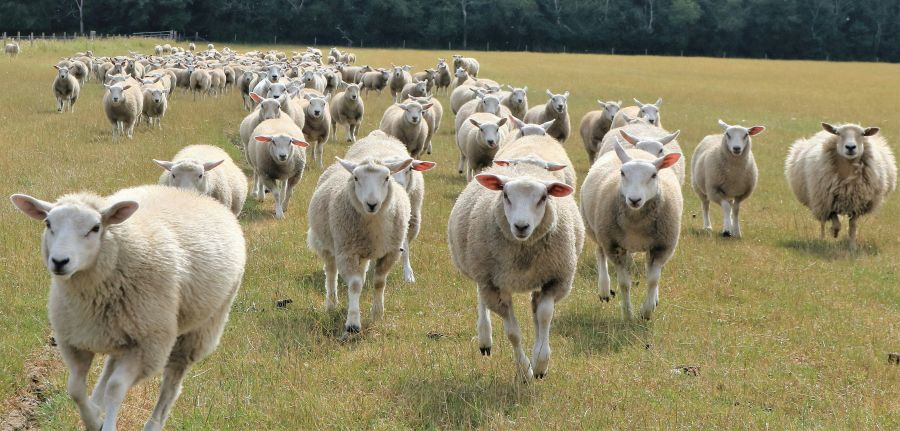
- An understanding of the role of veterinary epidemiology and economics in the design and delivery of effective livestock services.
- Knowledge of risk analysis approaches in food safety and how human health can be protected through control of zoonotic diseases.
- Skills in basic and advanced statistical methods in order to undertake epidemiological investigations and disease modelling.
Flexible study options
- Post queries for our 'Ask an Academic', at a time convenient to you.
- Determine the pace of study within the registration period offered.
- A study calendar provides an indication of the time to spend on each section.
- if circumstances change, we offer the flexibility to defer exams, if necessary.
- Opportunity to arrange a regular, online study group, at a time which is suitable to everyone.
Final Award
Graduates will receive two documents: a diploma 'parchment' and a diploma supplement. The diploma will show the award of a University of London Degree, with the Royal Veterinary College as the Lead College involved. The diploma supplement will describe the nature, level and content of the studies. Studies are placed at Level 7 of the Framework for Higher Education Qualifications.
Graduates are invited to attend the Graduation Ceremonies of both the University of London and the Royal Veterinary College.
RVC INSIDERS
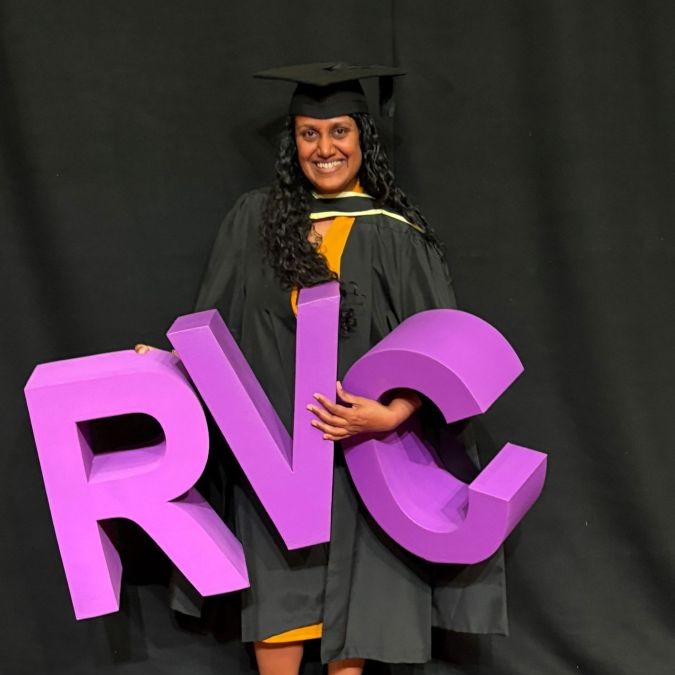
I plan to use my diversified experience to contribute to advancements in veterinary medicine and public health. Ultimately, I aim for a career in academia or research, where I can continue to make impactful contributions to these fields.
— Thilini Kumarasinghe, Sri Lanka
Academic qualifications
MSc degree
EITHER a Second Class Honours degree (or equivalent) in a scientific subject, veterinary science, animal science, agriculture, biological sciences or medicine;
OR a Second Class Honours degree (or equivalent) in a scientific discipline which has, in the opinion of the University, included suitable training.
Postgraduate Diploma, Postgraduate Certificate and Individual degree modules
An appropriate degree, professional, or technical qualification and work experience that we consider appropriate.
Non-credit bearing modules
There are no entrance or English Language requirements.
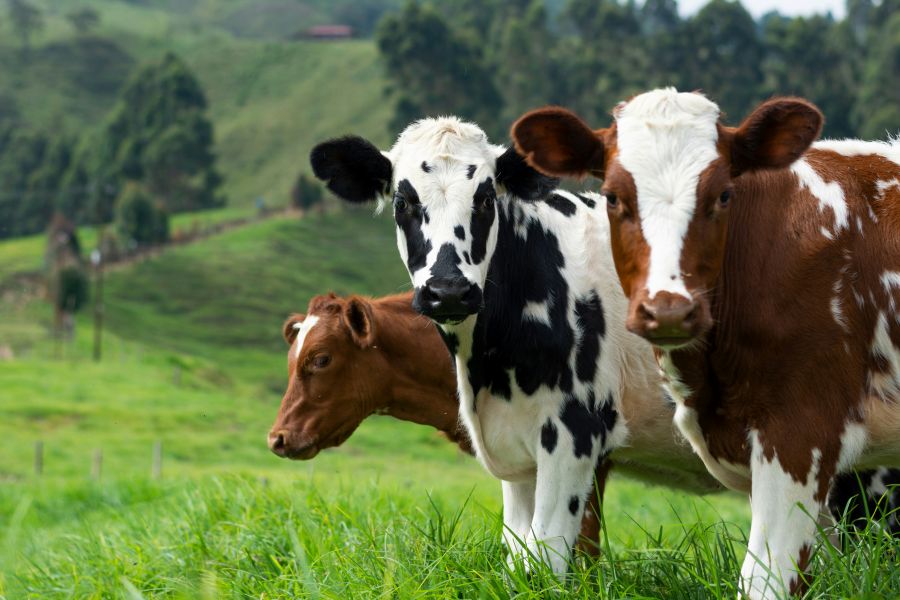
English Language requirements
You will meet our language requirements if you have achieved one of the following within the past 3 years:
- IELTS: 6.5 overall, with 6.0 in each sub-test.
- TOEFL iBT: 92 overall, with 22+ in both Reading and Writing and 20+ in both Speaking and Listening sub-tests.
- Cambridge Certificate of Proficiency in English
- Cambridge Certificate of Advanced English (at grade C or above)
- Duolongo: Must achieve an overall score of at least 120.
Alternatively, you may satisfy the language requirements if you have at least 18 months of education, or work experience, conducted in English.
Computer requirements
Please scroll to the module outlines for information about specific software requirements.
How you study
Our distance learning studies provide the opportunity to further your studies without needing to attend the RVC in person.
Support
You are provided with the teaching materials o successfully complete your study with a minimum of direct academic support, support is provided as follows:
- Access to 'Ask an Academic' where you may post your academic queries;
- Connect with other students and arrange group study time;
- Access to the RVC community and online library.
Study materials
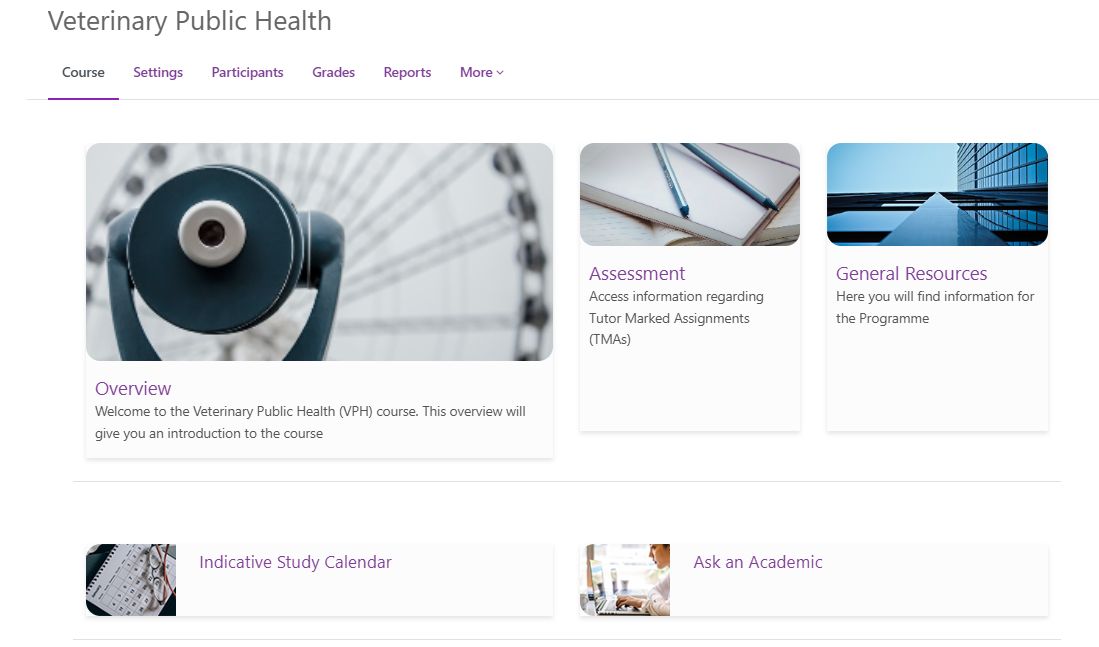
- Access the teaching material via our VLE, which includes directed learning notes, online textbooks and readings (book chapters and articles).
- A programme handbook provides important advice on planning your studies, preparing for examinations and study techniques.
Period of study
- Dependent upon the option taken, maximum registration periods are offered (MSc: 5 years, Postgraduate Diploma: 4 years, Postgraduate Certificate: 2 years).
- Studies commence in February, with online examinations in October.
Time commitment
As a rough guide, we estimate that each module of the degree will take 240-300 hours to complete (includes teaching material and compulsory written assignment). Additional time would be required for revision.
Assessment
Each module is examined by one unseen, written examination, which may contain essays and shorter questions. You must also submit one compulsory written assignment for each course. The two elements are weighted: Written examination (80%), compulsory written assignment (20%).
Modules

- A combination of Core and Optional modules must be studied.
- Core modules:
- Provide an essential introduction to a variety of approaches, methods and subjects.
- These modules are designed to equip you with the preliminary practical and intellectual skills necessary for progression to the next level. There is a natural progression of content from the core to the optional modules.
- Optional modules:
- There is an element of choice in subject matter and disciplinary areas of study.
- Although the optional modules may not in themselves be more difficult, you will develop a greater understanding and a sophistication of thinking as you work through the modules.
3-compulsory core modules:
- Epidemiology and Animal Health Economics (LVM004)
- Statistical Methods in Veterinary Epidemiology (VPM012) +
- Veterinary Public Health (LVM006)
PLUS 4-further optional modules selected from:
- Advanced Statistical Methods in Veterinary Epidemiology (ASMVE) +
- Management of Infectious Disease Outbreaks in Animal Populations (LVM017)
- Research Design and Methods (LVM014)
- Research Project in Veterinary Epidemiology and Public Health (applicable to the MSc only) (LVM200) +
- Surveillance and Investigation of Animal Health (VPM015)
Note: '+' Module pre-requisites apply
Structure
|
Veterinary Epidemiology And Public Health |
||
|
MSc (7 modules) 2-5 years part-time |
Pg Diploma (4 modules) 2-4 years part-time |
Pg Certificate (2 modules) 1-2 years part-time |
|
Three compulsory core modules:
|
Two compulsory core modules:
|
Two compulsory core modules:
|
|
PLUS four optional modules chosen from:
|
Plus two optional modules, chosen from:
|
|
Our graduates find that the international recognition and prestige of their degree will open doors and create opportunities in their careers.
Graduates are employed in a variety of organisations, including the Department for Environment, Food and Rural Affairs (Defra), university veterinary faculties and international organisations, including the Food and Agriculture Organization of the United Nations (FAO) and the World Health Organization (WHO).
Students are offered help with future career planning and invited to attend scheduled careers webinars and micro-modules. Access to a job vacancies board and CV tools are also provided.
Please refer to the Programme Specification for 'Educational Aims and Learning Outcomes' and 'After Graduation'.
Alumni Inspiration
Our Student Ambassador, Ayman Abdelkader, United Arab Emirates, shares his hints and tips (below) for a student considering studying this degree:
- Research the Program: Thoroughly explore the curriculum and carefully choose the modules that are most interesting and/or relevant to your work field.
- Time Management: Develop strong time management skills, as distance learning requires self-discipline and organization. Create a study schedule, set goals, and allocate specific time for coursework each week.
- Seek Support: Take advantage of the support systems available to you, such as discussion forums and online libraries. Reach out to professors and fellow students for guidance and clarification.
- Stay Motivated and Self-Disciplined: Distance learning requires self-motivation and dedication. Set clear goals, stay organized, and maintain a positive mindset. Remember the reasons why you chose this degree and the potential impact it can have on your future career.
- Utilize Resources: Make full use of the resources available to you, such as online libraries, research databases, and academic journals. These resources will enhance your learning experience and provide a solid foundation for your studies.
- Engage in Practical Experience: Whenever possible, seek opportunities to gain practical experience in the field. Practical experience will complement your coursework and strengthen your understanding of veterinary epidemiology and public health.

Remember, pursuing a degree in veterinary epidemiology and public health requires dedication and hard work, but it can also be incredibly rewarding. Stay focused, take advantage of the resources available to you, and remain passionate about making a positive impact in animal and public health.
If you are considering studying, please Register your interest to be invited to a prospective student webinar (November), where you will have the opportunity to hear from the Programme Director, current student and ask any questions.
The University of London International Programmes are immensely proud that each year thousands of distance learning students graduate around the world. It is interesting to note, that Nelson Mandela (Nobel Peace Prize Winner) and Her Excellency Luisa Diogo (Former Prime Minister of Mozambique) have also studied by distance learning.
The Programme Fees below refer to the 2026 session
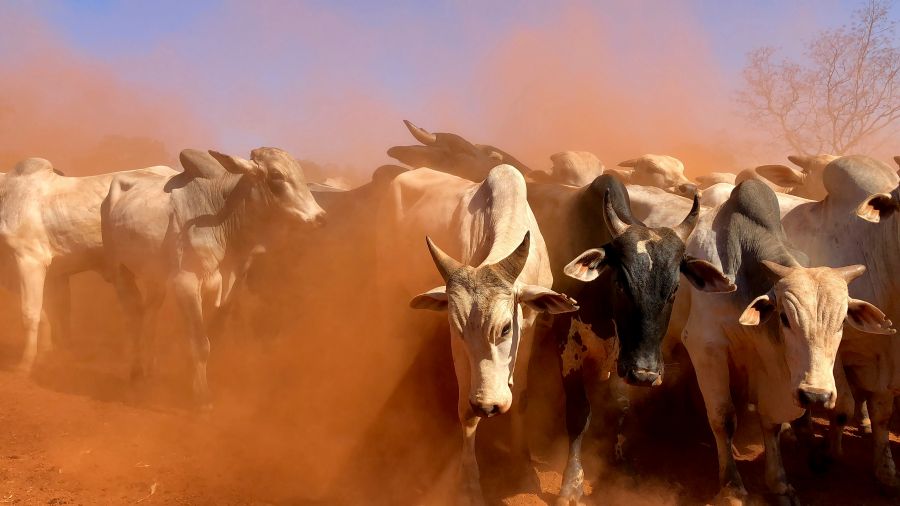
Fees are subject to annual review and may be paid in one of two ways:
Option 1
On registration, a single payment covering the registration fee and all module fees:
| Total MSc degree | £18,939 |
| Total Postgraduate Diploma | £11,245 |
| Total Postgraduate Certificate | £5,919 |
The total fee incorporates a discount for payment in advance.
Option 2
Pay the registration fee, plus the fee for each module you take in your first year. Then, in subsequent years, you pay the fee for each new module you take.
| MSc registration fee | £2,492 |
| Postgraduate Diploma registration fee | £1,869 |
| Postgraduate Certificate registration fee | £1,246 |
| Fee per Individual degree module | £2,492 |
College staff / alumni discount
Royal Veterinary College staff members and alumni will receive a bursary of 20% off fees for these distance-learning programmes (excluding resit fees). Please contact the Programme Team for further information.
Tuition fee amounts are subject to increase each academic year, please be aware of this when making your calculations and planning how much money you will require.
For more information on help with funding, please visit https://www.london.ac.uk/applications/funding-your-study.
